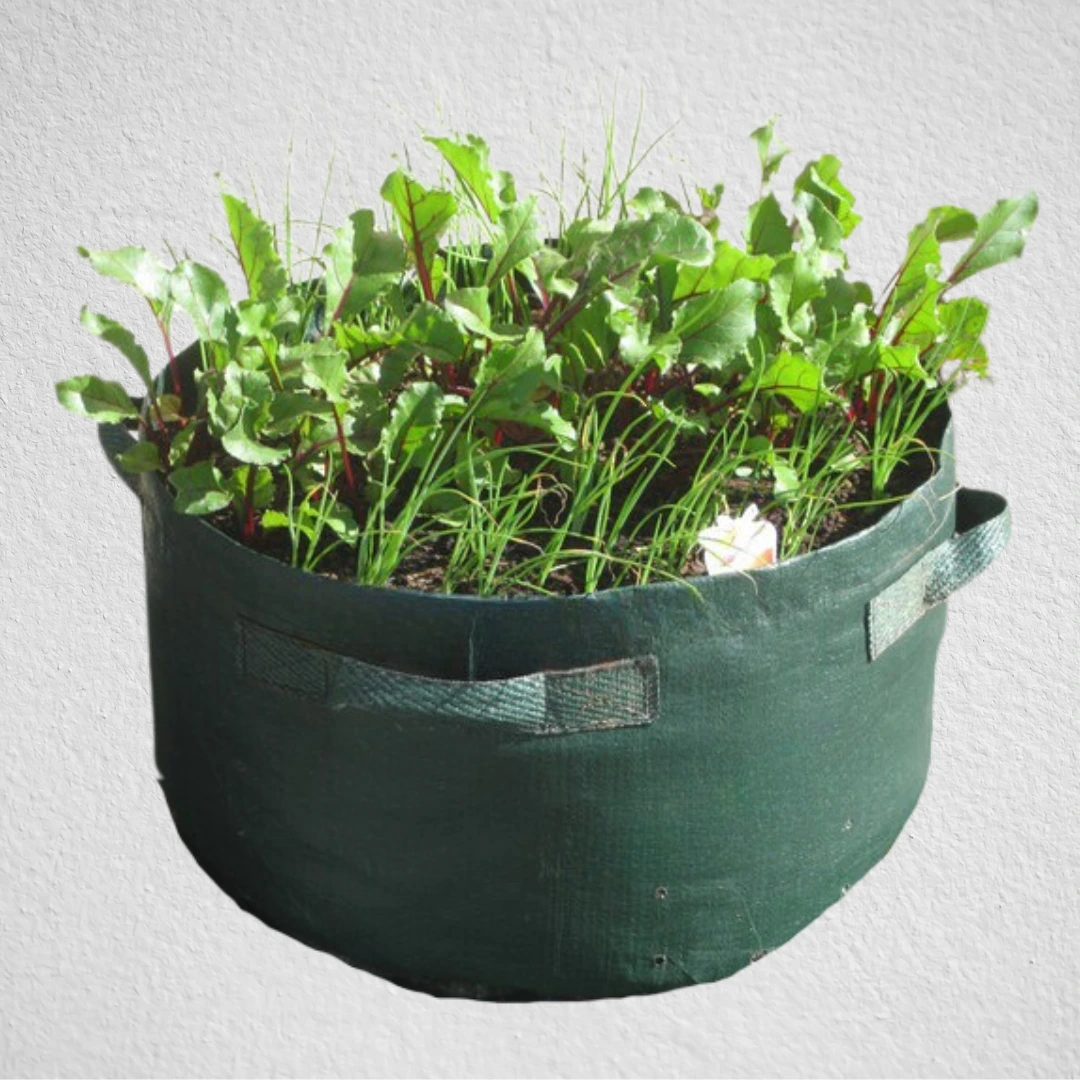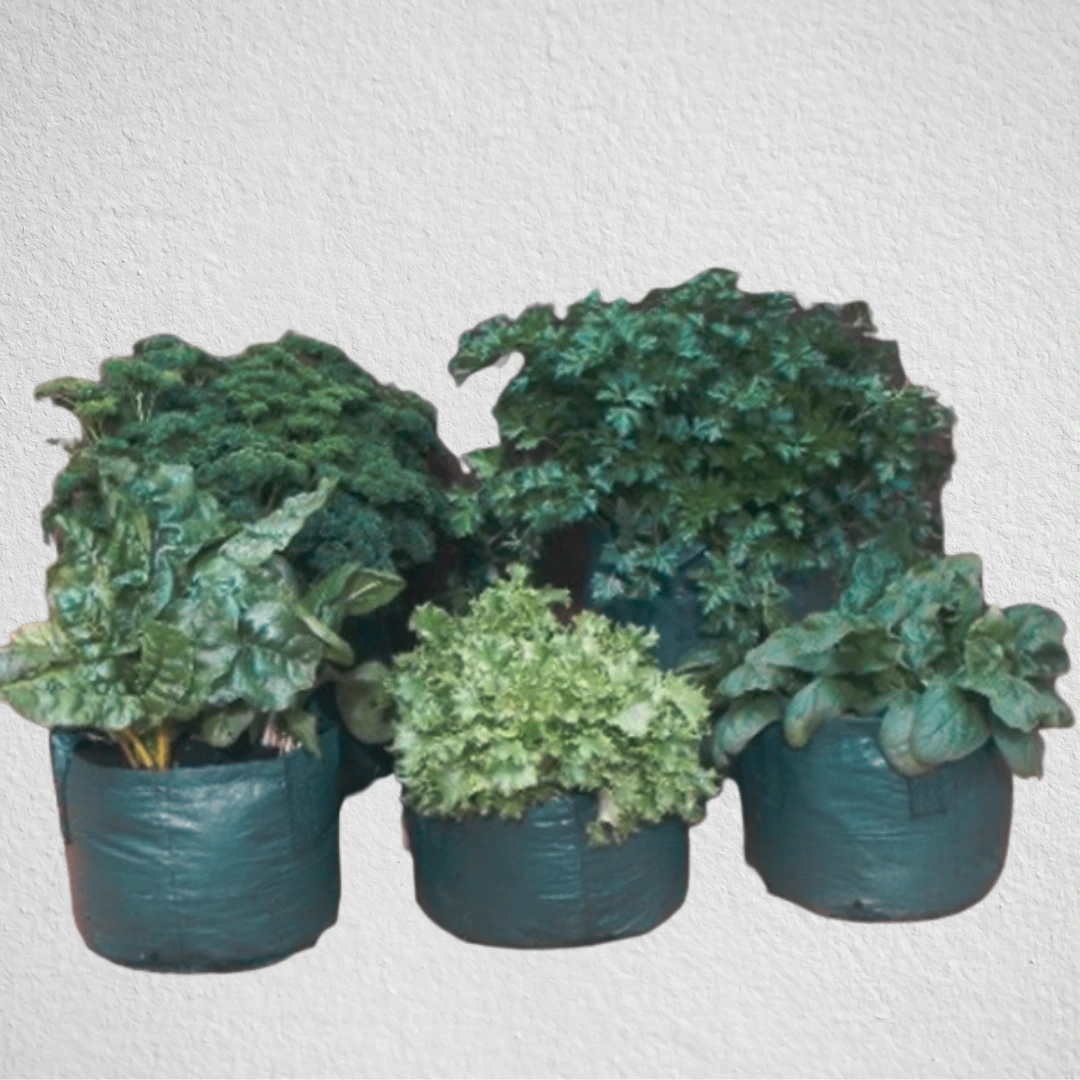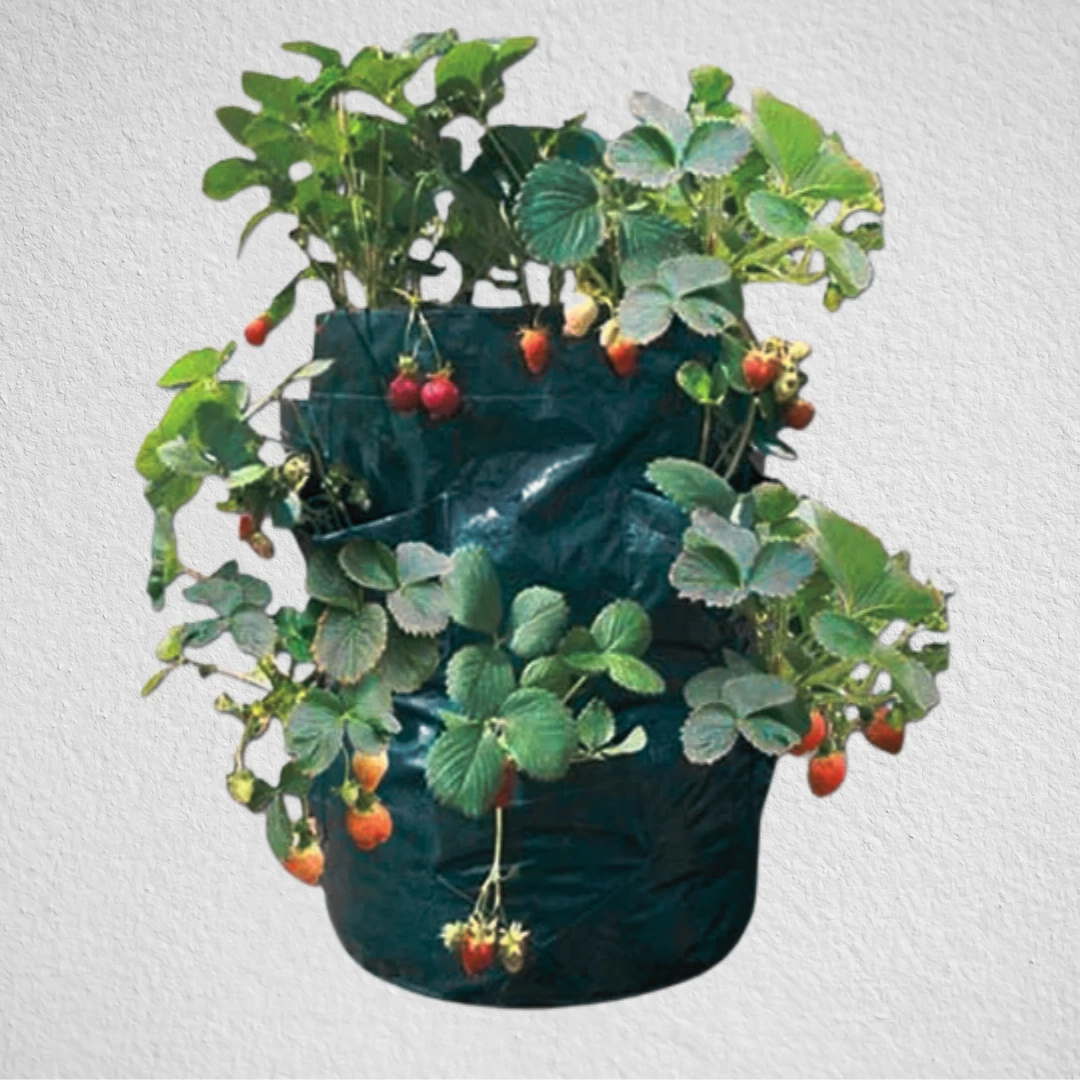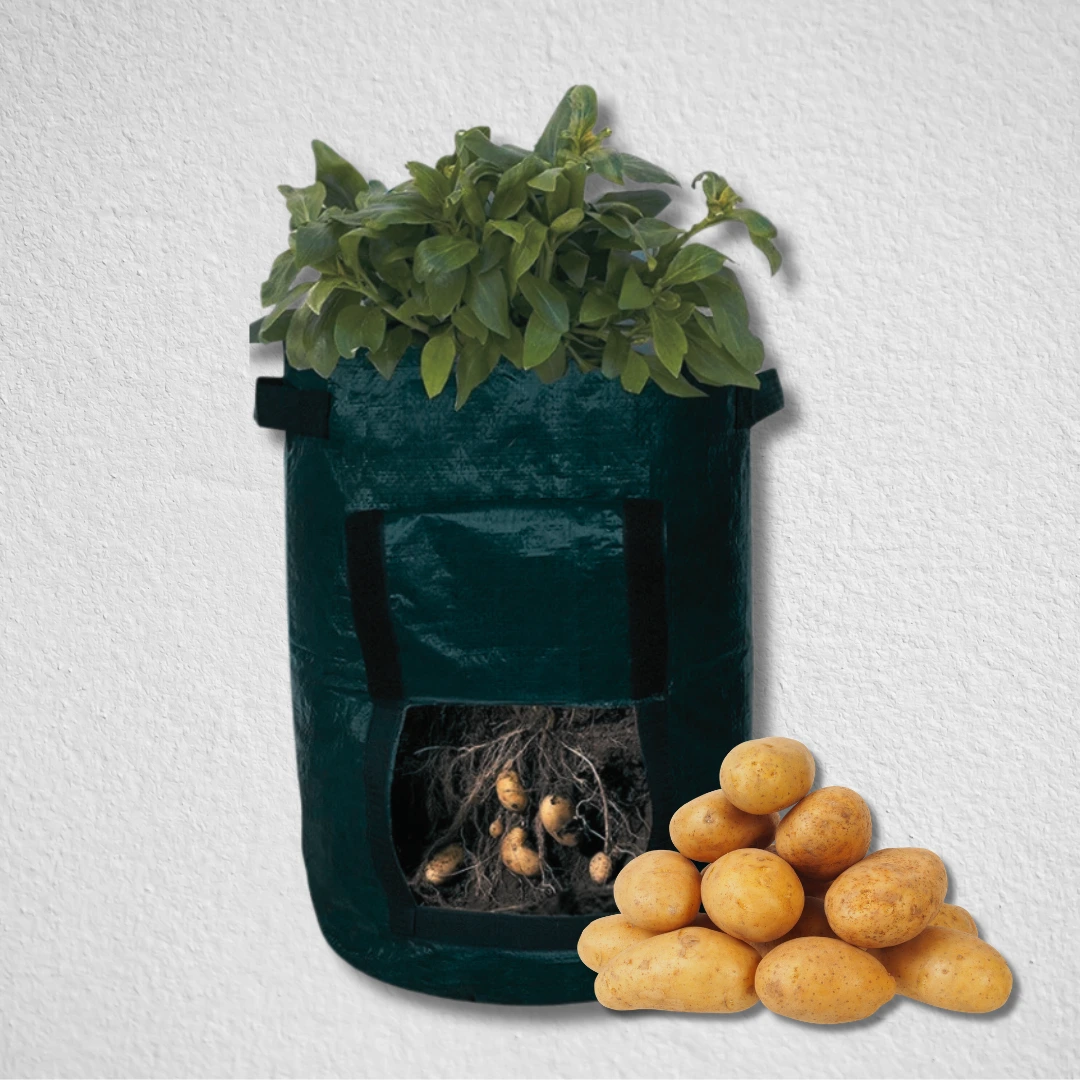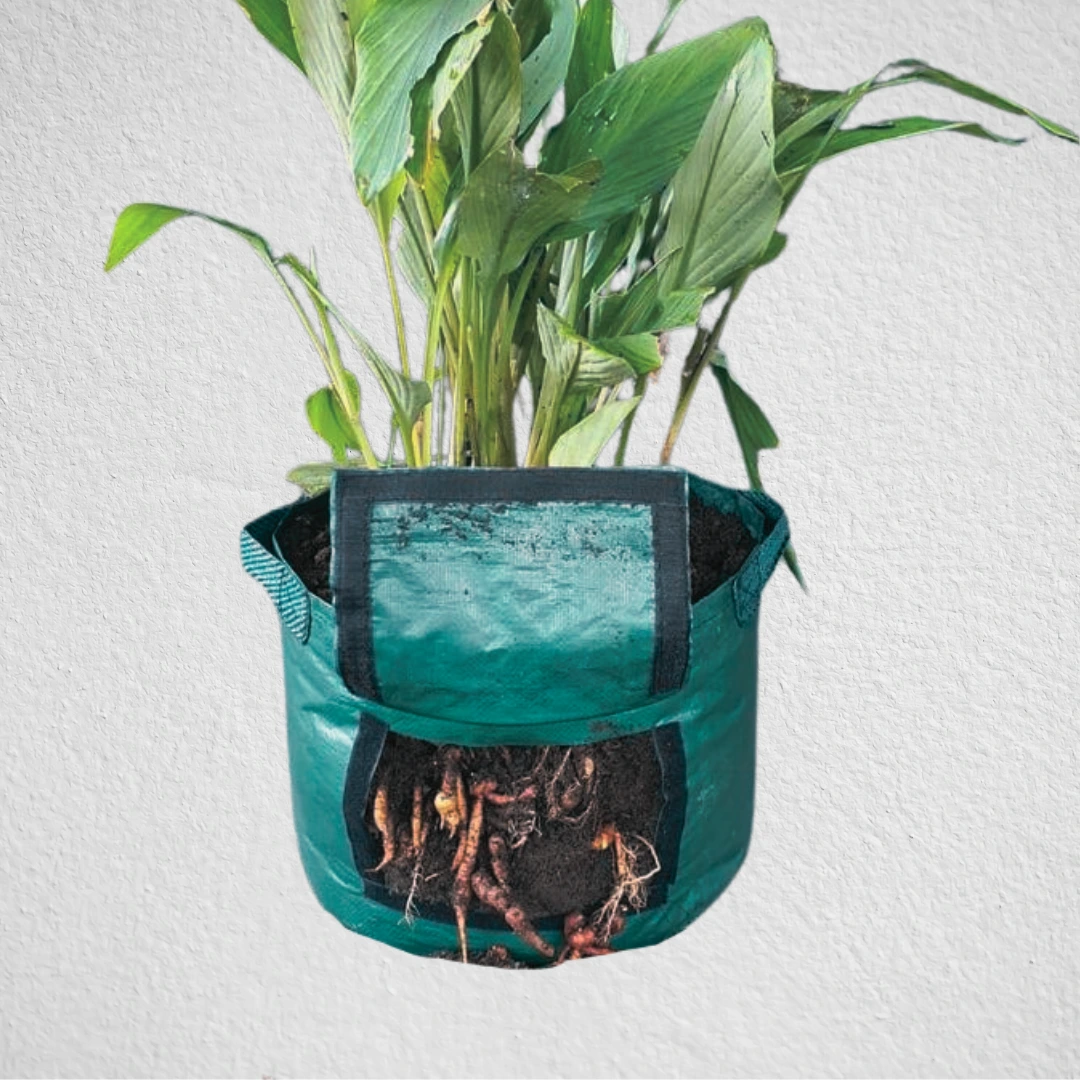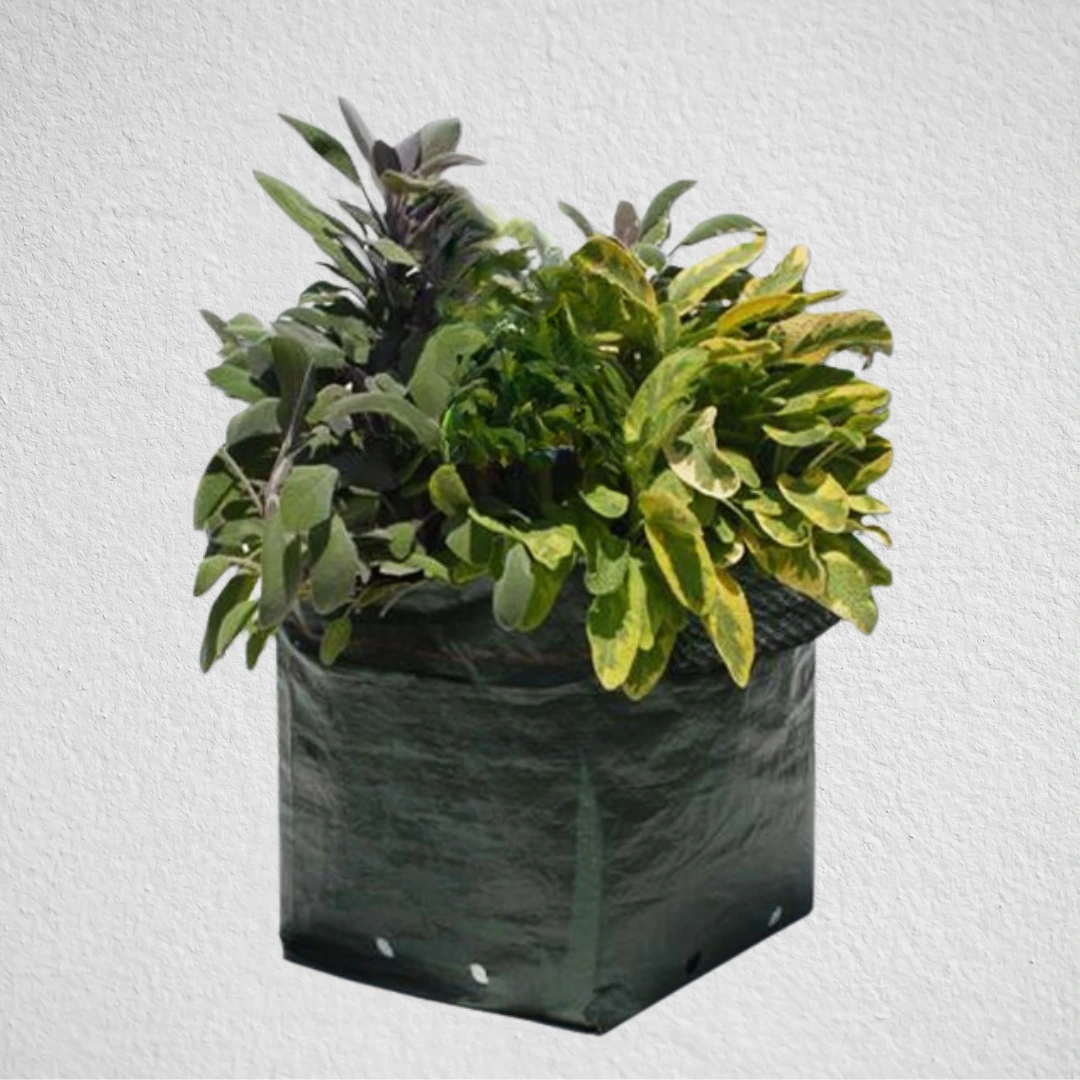Vegetable Planter
This Planter Bag is specially designed for enthusiasts and large-scale projects to plant various types of vegetable crops. We have exported it to various countries in both retail and bulk packaging. This product is ideal for those who wish to grow organic food in their own yard. By doing so, you can become healthier, save on family shopping expenses, reduce stress by indulging in your hobby, all in your own gardening at home.
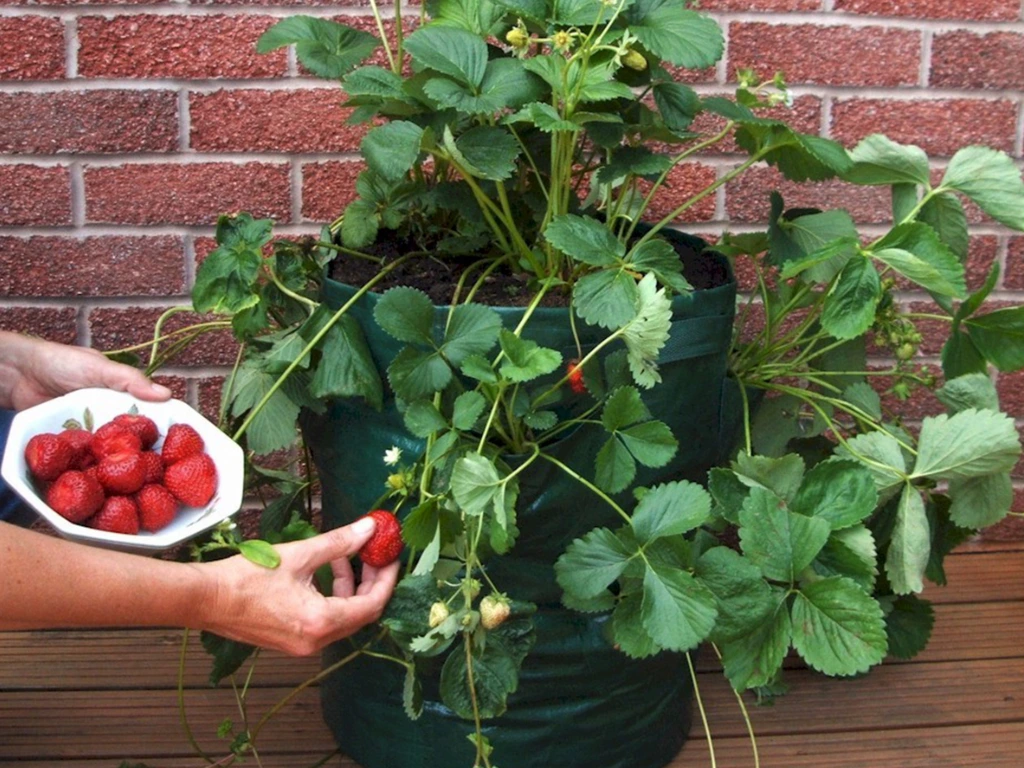
Advantages of Vegetable Planter Urban Plastic
In urban areas, where traditional gardening space is often limited, Vegetable Planter Urban Plastics provide an innovative solution. These planters are highly beneficial for city dwellers looking to engage in gardening. One of their primary advantages is their lightweight design. Unlike traditional ceramic or metal pots, these plastic planters can be easily moved around. This mobility is crucial in urban settings for optimizing sunlight exposure or rearranging spaces. Their light weight ensures that they can be handled by individuals without needing special equipment.
Another key advantage of these planters is their durability. Made to withstand a variety of weather conditions, from intense sun to freezing temperatures, they resist cracking and fading. This durability is particularly valuable in urban environments, which can present challenging weather conditions. As a result, these planters offer a long-lasting gardening solution, proving to be a cost-effective choice for urban gardeners. Their ability to endure year after year makes them a practical investment in urban gardening endeavors.
Furthermore, the design versatility of Vegetable Planter Urban Plastics is a significant benefit. They are available in various sizes and shapes, accommodating a wide range of plants, from herbs to larger vegetables. This adaptability is essential in urban environments where space is at a premium. Gardeners can efficiently use their limited area, growing a variety of plants in a compact space. This versatility not only maximizes space but also allows for creative gardening solutions in confined urban areas.
Additionally, these planters often incorporate advanced drainage systems, a crucial feature for plant health. Proper drainage prevents water accumulation, thereby reducing the risk of root rot and other moisture-related plant diseases. This is especially important in urban settings where natural drainage can be limited. The thoughtful design of these planters ensures that excess water is effectively drained away, promoting healthier plant growth. Consequently, gardeners can enjoy flourishing plants with minimal concern for overwatering issues common in less advanced planter designs.
Lastly, the aesthetic appeal of these urban planters adds a significant benefit. Available in a variety of colors and styles, they can enhance the visual appeal of any urban space. Whether placed on a balcony, rooftop, or in a small backyard, these planters bring beauty and elegance. They transform mundane urban spaces into vibrant, green areas. This visual enhancement is not just pleasing to the eye but also contributes to the creation of a more serene and inviting living environment in busy city settings.
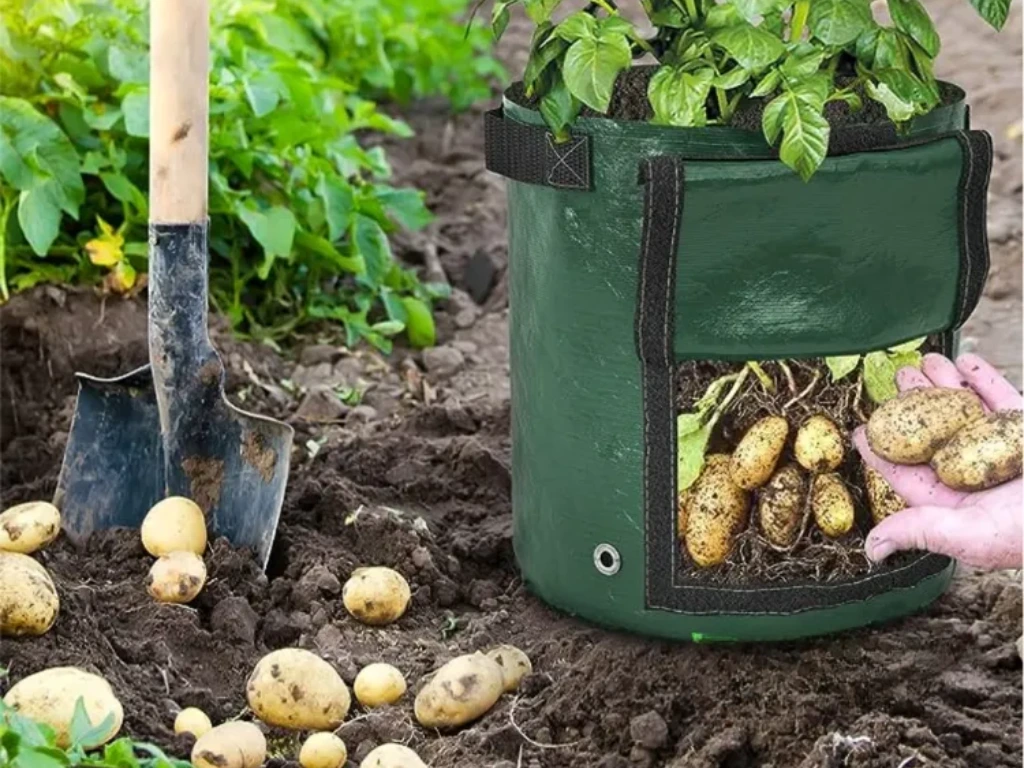

What vegetables are best to grow in a planter?
Vegetables best suited for growing in planters include tomatoes, peppers, radishes, leafy greens like lettuce and spinach, and herbs such as basil and parsley. These plants thrive in confined spaces and require relatively shallow root depth. Planter gardening also allows for better control over soil quality and moisture, essential for these vegetables. Additionally, compact varieties of cucumbers and beans can be grown vertically with support, making efficient use of limited space.
How do you prepare a vegetable planter for planting?
To prepare a vegetable planter, start by choosing a container with adequate drainage holes. Fill it with a high-quality potting mix, which provides better aeration and nutrient balance than regular garden soil. Mix in organic compost for added nutrients. Ensure the soil is loose and not compacted to facilitate root growth. Place the planter in a location with sufficient sunlight based on the needs of your chosen vegetables, and water the soil before planting.
What is the ideal soil mix for a vegetable planter?
The ideal soil mix for a vegetable planter is a blend of potting soil, compost, and perlite or vermiculite. Potting soil ensures good structure and nutrient content, while compost provides essential organic matter and additional nutrients. Perlite or vermiculite improves drainage and aeration, crucial for healthy root development. A ratio of 50% potting soil, 30% compost, and 20% perlite or vermiculite typically works well for most vegetables, balancing moisture retention with adequate drainage.
How often should vegetables in a planter be watered?
The watering frequency for vegetables in a planter depends on factors like climate, plant type, and soil composition. Generally, water when the top inch of soil feels dry. In warmer climates or during peak summer, this may mean daily watering. In cooler conditions, less frequent watering is required. It’s crucial to ensure consistent moisture without overwatering, as this can lead to root rot. Use a watering can or drip irrigation for even, gentle watering that reaches the roots effectively.
Can you grow organic vegetables in a planter?
Yes, you can grow organic vegetables in a planter. Use organic potting soil and compost to ensure a natural growing medium. Choose organic seeds or seedlings to maintain organic integrity from the start. Avoid synthetic fertilizers and pesticides; instead, opt for organic alternatives like compost tea or neem oil. Regularly check for pests and diseases, and practice crop rotation even in small-scale planter gardening. This approach promotes sustainable, healthy growth of organic vegetables in a controlled environment.

